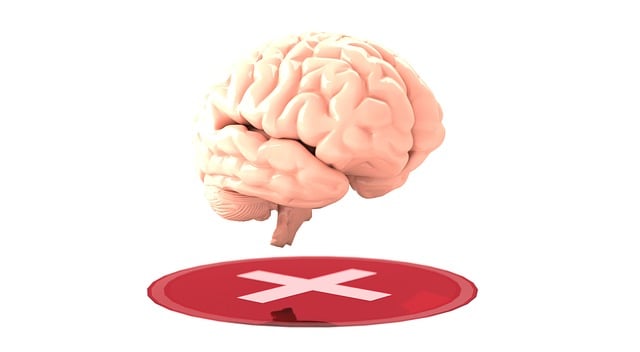Mental health advocacy initiatives are crucial for supporting adolescents, teens, and young adults by destigmatizing mental illness and encouraging early intervention. Accessible, affordable therapy tailored to their needs empowers them to seek help without judgment, preventing severe issues and fostering resilience. In the digital era, online platforms offer promising solutions for therapy for adolescent teens young adults, but technological barriers like API issues must be overcome to ensure effectiveness, combat stigma, and provide timely support, ultimately improving mental well-being worldwide.
Mental health advocacy is a vital initiative, especially for young adults and teens navigating life’s challenges. This comprehensive guide explores powerful campaigns that promote mental wellness, with a focus on accessible therapy options tailored for this demographic. By shedding light on innovative strategies, we aim to inspire positive change and ensure younger generations have the support they need. Discover how these advocacy efforts are revolutionizing mental health services, fostering resilience, and creating a healthier future for all teens and young adults.

Mental health advocacy initiatives play a pivotal role in raising awareness and promoting support for individuals, especially adolescents, teens, and young adults, who are often at a vulnerable stage in their lives. These campaigns aim to destigmatize mental illness, encouraging open conversations and early intervention. By providing resources and access to therapy, they empower this demographic to seek help without fear of judgment.
Focusing on therapy for adolescent teens young adults is crucial as it can prevent more severe issues from developing. Early access to professional support can be life-changing, fostering resilience and healthier coping mechanisms. Advocacy groups work tirelessly to ensure these services are accessible, affordable, and tailored to the unique needs of this age group, ultimately contributing to improved mental well-being in communities worldwide.
API responded with status code 504.

In today’s digital age, mental health advocacy initiatives are more crucial than ever, especially when it comes to reaching and supporting adolescents, teens, and young adults. Online platforms provide a unique opportunity to connect with this demographic through accessible resources and support systems. However, ensuring that these services are effective and tailored to their needs is essential. API responses, such as the occasional 504 status code, can pose challenges in delivering timely therapy for this vulnerable group.
These technological barriers must be addressed to foster a robust online mental health ecosystem. By implementing user-friendly interfaces and dependable APIs, therapists and advocates can overcome geographical constraints and reach a broader audience, especially those who may face stigma or have limited access to traditional support networks. Such efforts are pivotal in promoting early intervention and long-term well-being for adolescent teens and young adults.
Mental health advocacy is a vital aspect of ensuring accessible and quality care for adolescent teens and young adults. By raising awareness, breaking down stigmas, and promoting resources like therapy services, we can create a more supportive environment. Initiatives focused on education and open dialogue are key to fostering resilience and encouraging help-seeking behaviors in this demographic. Through collective efforts, we can revolutionize mental healthcare, ensuring that young individuals receive the necessary support for their overall well-being.










